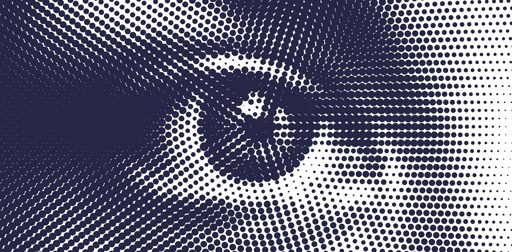- cross-posted to:
- [email protected]
- cross-posted to:
- [email protected]
We are constantly fed a version of AI that looks, sounds and acts suspiciously like us. It speaks in polished sentences, mimics emotions, expresses curiosity, claims to feel compassion, even dabbles in what it calls creativity.
But what we call AI today is nothing more than a statistical machine: a digital parrot regurgitating patterns mined from oceans of human data (the situation hasn’t changed much since it was discussed here five years ago). When it writes an answer to a question, it literally just guesses which letter and word will come next in a sequence – based on the data it’s been trained on.
This means AI has no understanding. No consciousness. No knowledge in any real, human sense. Just pure probability-driven, engineered brilliance — nothing more, and nothing less.
So why is a real “thinking” AI likely impossible? Because it’s bodiless. It has no senses, no flesh, no nerves, no pain, no pleasure. It doesn’t hunger, desire or fear. And because there is no cognition — not a shred — there’s a fundamental gap between the data it consumes (data born out of human feelings and experience) and what it can do with them.
Philosopher David Chalmers calls the mysterious mechanism underlying the relationship between our physical body and consciousness the “hard problem of consciousness”. Eminent scientists have recently hypothesised that consciousness actually emerges from the integration of internal, mental states with sensory representations (such as changes in heart rate, sweating and much more).
Given the paramount importance of the human senses and emotion for consciousness to “happen”, there is a profound and probably irreconcilable disconnect between general AI, the machine, and consciousness, a human phenomenon.



I have plenty of willingness to learn from people who have a clue on the subject.
You literally tried to argue that evolution doesn’t create complexity if there’s a more efficient path.th.
Again, you’re showing a superficial understanding of the subject here. Natural selection selects for overall fitness, and efficiency is only a small part of equation. For example, plants don’t use the most efficient wavelength for producing energy, they use the one that’s most reliably available. Similarly, living organisms have all kinds of redundancies that allow them to continue to function when they’re damaged. Evolution optimizes for survival over efficiency.
Maybe read the actual paper linked there?
What I linked you is a case study of an actual living person who was missing large parts of their brain and had a relatively normal life. But hey why focus on the actual facts when you can just write more word salad right?
You took issue with made up straw man arguments that you yourself made and have fuck all with what I actually said. Then you proceeded to demonstrate that you don’t actually understand the subject you’re debating. You might as well start believing in the astrology, crystals, and energy healing. At least those interests will make you seem fun and quirky instead of just a sad debate bro.